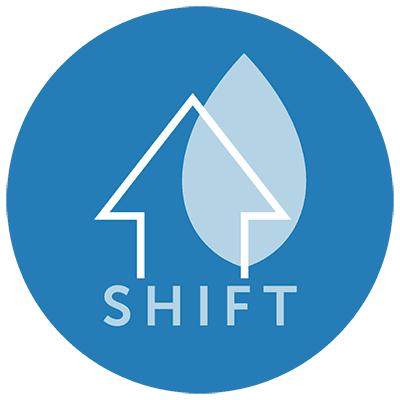 Background
Background
We have launched the SHIFT “social” section which is FREE to all UK social landlords. The aim of this blog is to a) explain the extent of our involvement on the “S” part of ESG reporting and b) to suggest new, meaningful placemaking metrics.
SHIFT delivers excellent environmental reporting for social housing landlords. Our reports are ideal for strategy development, progress monitoring, stakeholder engagement and compliance reporting. Recently SHIFT reports have proved ideal for reporting against the “E” part of ESG to investors.
Another component of ESG is the “S” or social part and following consultation we are introducing the “social” section on the SHIFT portal. It covers the social themes and questions from most recent ESG criteria (as of October 2021) published by the Sustainability Reporting Standard for Social Housing (SRS) – available at: ESG Social Housing – Building a sector standard approach to ESG reporting.
At this stage, our intention is to provide landlords with the facility to have an audit trail for the information they report. At present, SHIFT has no intention of auditing nor scoring this data as a part of the SHIFT assessment. It is purely a FREE audit trail facility that allows landlords to track their data, year on year.
Although we will annually update this alongside our annual SHIFT improvements, it is the landlord’s responsibility to ensure that all areas of the ESG criteria are covered at the time of completion. The social section of the portal is not a mandatory requirement to complete the SHIFT assessment and should instead be viewed as an optional section should you wish to store all of this data in one place in an auditable format.
The future is placemaking
We take a great interest in the connections between environmental impacts and the associated wellbeing benefits. We are also keen to bring a science-based approach to the work we do. This gives methodologies credibility and also allows the best chance of anticipating future legalisation. We think that the SRS is an excellent start, but we think “wellbeing science” can lead to improved ESG actions and reporting. Aiming for a measurable 100% wellbeing target for residents and staff will also help provide a single holistic aim for landlords. There is also evidence that people with higher levels of wellbeing correlate with lower maintenance burden. The “placemaking” question in the SRS is an ideal opportunity to implement this approach and could represent outcomes of actions, rather than just a list of actions carried out.
Suggested, science-based reporting of ESG metrics
Our suggested approach aligns with the latest research on wellbeing. The Treasury Green Book recognises the validity of wellbeing measurement and Maslow’s hierarchy of human needs also provides a framework to diagnose what may impact upon the final score. The idea is that people living in an ideal “place” will report 100% life-satisfaction when surveyed. Reasons why people living in a certain place report anything other than 100% can be diagnosed with a Maslow framework [1]. Here’s how it could work:

We suggest that ESG reporting done to this format will provide a unifying aim for all activities carried out by landlords. Furthermore, this will be measurable which is something we know investors are keen to see.
Please be in touch if you’d like access to the “Social” section or would like to discuss a “placemaking” project.
[1] https://shiftenvironment.co.uk/news/placemaking-and-maslow/
